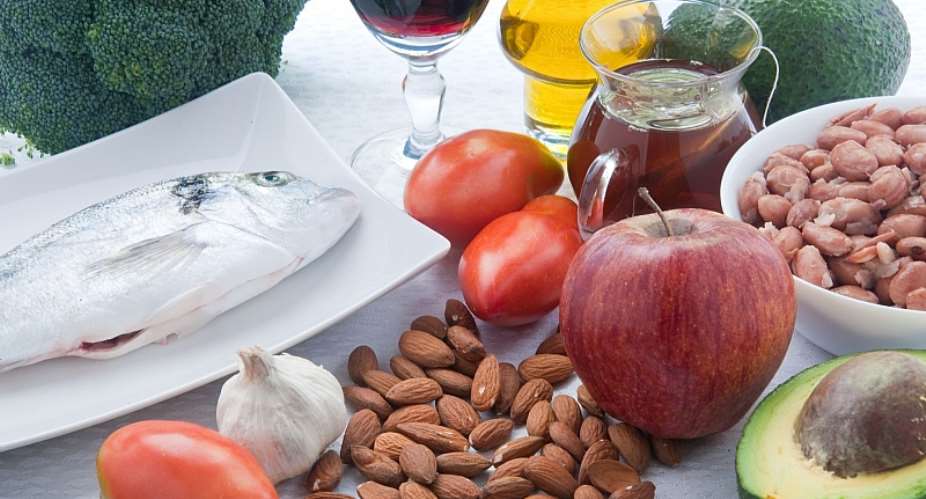Obesity is no longer a rich person disease. It has become the root of most lifestyle disease and has started to affect the children too.
To give an overview regarding the burden and what it holds for us in future. By the next decade, around 250 million of younger generation are likely to get heavier. One-third of this population are likely to be obese. They may also develop glucose intolerance leading to early onset of diabetes, high BP and liver disease. These statistics is not meant to scare, but rather meant to understand the seriousness of obesity and it is high time we start treating obesity as a “disease”.
Junk food consumption has been considered the root cause of obesity. But along with junk food, lack of physical activity and poor lifestyle habits has been attributed to the increased risk of obesity.
We need to understand that obesity and related complications are diseases of metabolism. Metabolism is decided by genes, diet, physical activity, stress levels, sleep patterns, and aging. Obesity-related diseases include PCOD, type 2 diabetes, hypertension, liver disease, and dyslipidaemia. As obesity is directly linked to these diseases, reducing weight plays a major role in treating these diseases. Diseases like type 2 diabetes and hypertension can be kept in remission by just losing weight.
What you can do
It has been studied that, just 30 minutes or more of physical activity in a day can gain significant health benefits.
For the greatest overall health benefits, would suggest 30 minutes of moderate-intensity aerobic exercise three or more times per week, plus some form of anaerobic exercise, such as muscle-strengthening activity and stretching twice a week.
If you have been inactive for a while, you may want to start with less strenuous activities, such as walking or swimming at a comfortable pace. Beginning at a slow pace will allow you to become physically fit without straining your body. Once you are in better shape, you can gradually do more strenuous activities.
Keep the following tips in mind.
·Set realistic weight loss goals. Those who lose weight slowly, by eating less and exercising more, tend to keep their lost weight off.
·Eat fewer calories by cutting down on portion sizes. An easy way to portion a plate is to put fruits and vegetables on half, rest half should contain protein, carbohydrates, and fat.
·Aim for at least five handfuls of fruits and vegetables per day.
·Do not skip meals. This slows down metabolism and can lead to increased hunger and binging. Four to five “mini-meals” regularly spaced throughout the day may help satisfy your hunger while keeping your weight under control.
·Feel free to include planned, healthy snacks between meals if you find your struggle with physical hunger during the day. Some examples would be fat-free yogurt, cottage cheese, and fruit, vegetables and hummus, or a palm-full of nuts.
·Choose foods high in fibre, such as whole-grain breads, cereals, pasta, rice, fruits, and vegetables. These foods will give you more chewing satisfaction, while the higher fibre content may make you feel fuller on fewer calories.
·To ensure that you are eating healthy, keep an accurate food journal. Write down everything you eat or drink. Be honest and accurate, otherwise the journal is not as helpful. The food journal will help you learn about your eating habits and help you assess the food choices you are making.
·Eat a variety of foods. Include all food groups to get all the nutrients you need.
·Limit restaurant foods.
·Plan ahead: plan meals for the week, create a grocery list, and keep healthy foods available to you in your kitchen and pantry. Keep trigger foods out of the house and office.
These are just few examples to avoid obesity and lead a healthy lifestyle. But once obesity or obesity-related disease sets in, it is advisable to meet a obesity specialist for better control of the disease.
Dr. Lohith U, Consultant - Laparoscopic, Bariatric and GI surgeon, Columbia Asia Hospital Sarjapur Road





 Elisu By-election: "If you call yourself a man, boo Chairman Wontumi again" — Bo...
Elisu By-election: "If you call yourself a man, boo Chairman Wontumi again" — Bo...
 Fuel tanker driver escapes with his life after tanker goes up in flames near Suh...
Fuel tanker driver escapes with his life after tanker goes up in flames near Suh...
 Uniform change: ‘Blue and white are brighter colours’ — Kwasi Kwarteng explains ...
Uniform change: ‘Blue and white are brighter colours’ — Kwasi Kwarteng explains ...
 MoE not changing all public basic school uniforms but only newly built ones — Kw...
MoE not changing all public basic school uniforms but only newly built ones — Kw...
 We’re only painting new public basic schools blue and white – Dr. Adutwum clarif...
We’re only painting new public basic schools blue and white – Dr. Adutwum clarif...
 Bawumia has lost confidence in his own govt’s economic credentials – Beatrice An...
Bawumia has lost confidence in his own govt’s economic credentials – Beatrice An...
 I fought WW2 at age 16 – WO1 Hammond shares At Memoir Launch
I fought WW2 at age 16 – WO1 Hammond shares At Memoir Launch
 GRA-SML deal: Regardless of what benefits have been accrued, the contract was aw...
GRA-SML deal: Regardless of what benefits have been accrued, the contract was aw...
 April 26: Cedi sells at GHS13.75 to $1, GHS13.18 on BoG interbank
April 26: Cedi sells at GHS13.75 to $1, GHS13.18 on BoG interbank
 Champion, promote the interest of women if you become Vice President – Prof. Gya...
Champion, promote the interest of women if you become Vice President – Prof. Gya...
